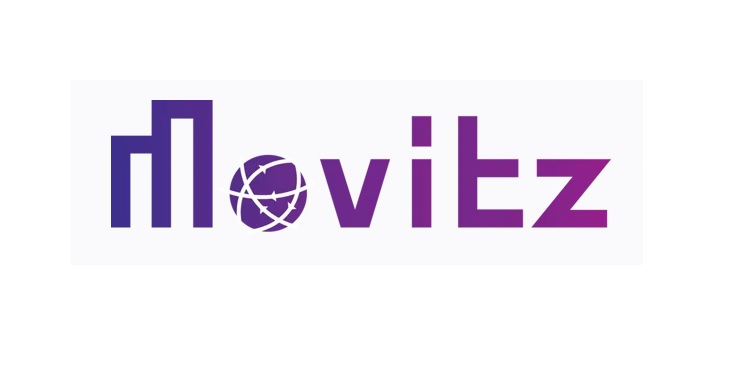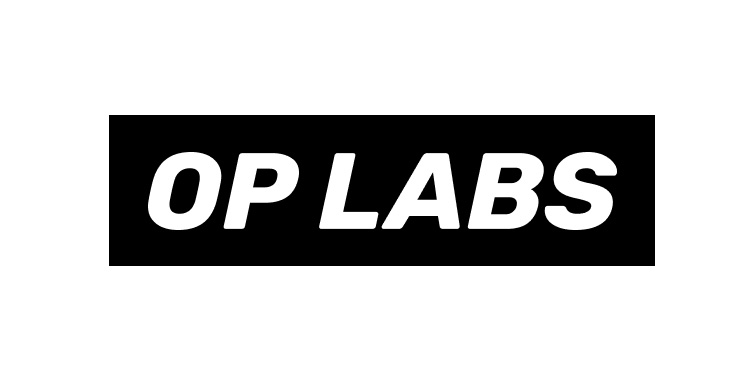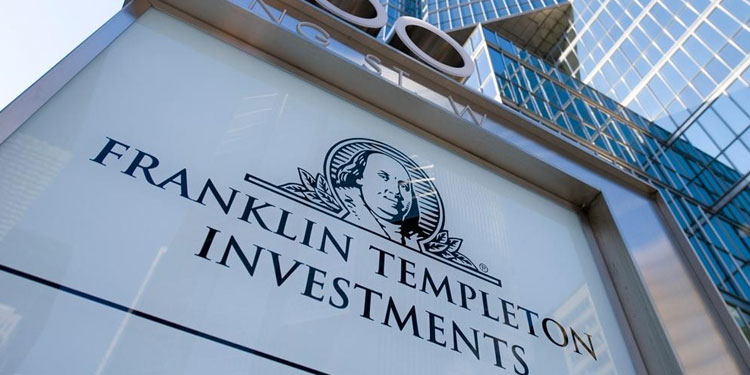VERA, a South Africa-based B2B communications platform, has unveiled its plan to implement blockchain technology in business messaging with the objective of combating impersonation and fraudulent communications. The initiative, revealed on June 10, centers on improving digital trust by introducing verifiable identities within professional correspondence.
A Response to the Rise in Email Scams
The communication sector, particularly business-to-business (B2B) interactions, has been increasingly vulnerable to impersonation attempts and cyberattacks. Industry statistics suggest that approximately 3.4 billion fraudulent emails are sent each day, underscoring the urgent need for a more secure communication framework. In response, VERA aims to tackle this challenge by launching a secure messaging platform underpinned by blockchain.
This new platform is initially targeting businesses in South Africa. It is designed to validate the identities of users, allowing companies to communicate with confidence, knowing that the individuals they are engaging with have been verified through a decentralized system. The identity verification component will be managed by cheqd, a credential service known for its privacy-preserving digital ID solutions.
Enabling Digital Trust through Verifiable Identities
VERA plans to offer each verified user a digital identity that is immutably recorded on the blockchain. This identity system aims to provide instantaneous verification of participants in any communication exchange. According to the platform, this ensures that the identities are tamper-proof, allowing for a scalable solution that balances privacy with the need for authentication.
The verification system is not limited to one-time checks. Instead, it supports a sustainable identity management mechanism that can be continuously validated. The process is expected to reduce the occurrence of scams like fake invoices—a common fraud technique that targets companies across industries.
Executives from cheqd emphasized the severity of such scams, describing invoice manipulation as a frequent and disruptive issue that affects both their organization and others globally. They supported VERA’s direction, stating that verified identities can significantly limit exposure to fraudulent billing and communication schemes.
Africa as a High-Risk Region for Cyber Threats
The African continent has been identified as a high-risk region for cyberattacks. A report by cybersecurity firm Check Point revealed that one in every fifteen organizations in Africa faced a ransomware attempt weekly during the first quarter of 2023. In this context, VERA’s focus on South Africa for its beta rollout reflects both a practical response to local cybersecurity threats and a strategic pilot for global expansion.
The beta testing phase, targeting South African businesses, is already underway. VERA intends to launch its full platform by the end of August. Looking ahead, the company has laid out plans for international expansion, with the European Union, the United States, and the United Kingdom marked as key markets for future growth.
Toward a More Secure Messaging Future
By integrating blockchain-based digital identities into its secure messaging service, VERA positions itself as a proactive solution provider in an increasingly insecure digital communication landscape. The combination of scalable verification, privacy-focused design, and tamper-resistant credentials may set a new benchmark for secure business messaging, especially in regions where phishing and scam incidents are disproportionately high.
The initiative underscores the growing demand for security-focused digital tools in business communications and marks an important step in the broader adoption of decentralized identity systems within professional ecosystems.









